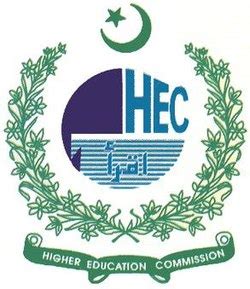Climate Change Adaptation and Maternal Health through Legal Frameworks and Policy
Keywords:
maternal health, climate change, women rights, environment, gender inequality, sustainable development, Pakistan, policy implementationAbstract
Climate change debate generally ignores intersectionality despite its intense
challenges to the wellbeing and maternal health of women in Pakistan where socio-economic
inequalities intersect with climatic vulnerabilities. This study examines Pakistan's legal
framework concerning the protection of wellbeing and maternal health of women in the context
of climate change adaptation with the help of a qualitative approach. The paper emphasizes the
intersectionality of environmental and gender-related issues through a comprehensive review
of Climate Change Policies of Pakistan, amplified by analytical, empirical and reform-oriented
research. It also identifies challenges to effective implementation, including gender-based
inequalities, inadequate healthcare infrastructure, limited access to healthcare resources and
less involvement of women in decision-making. To sum up, this research highlights the
necessity of incorporating gender-sensitive perspectives into climate change mitigation and
adaptation efforts. Consequently, this will not only safeguard the well-being of women but also
contribute to sustainable development in the country. Policymakers can help protect maternal
health by advocating gender-responsive approaches, improved healthcare access, and
community-based adaptation strategies, Moreover, this paper suggests policy
recommendations to address these challenges and strengthen women's resilience to climate
change impacts.








